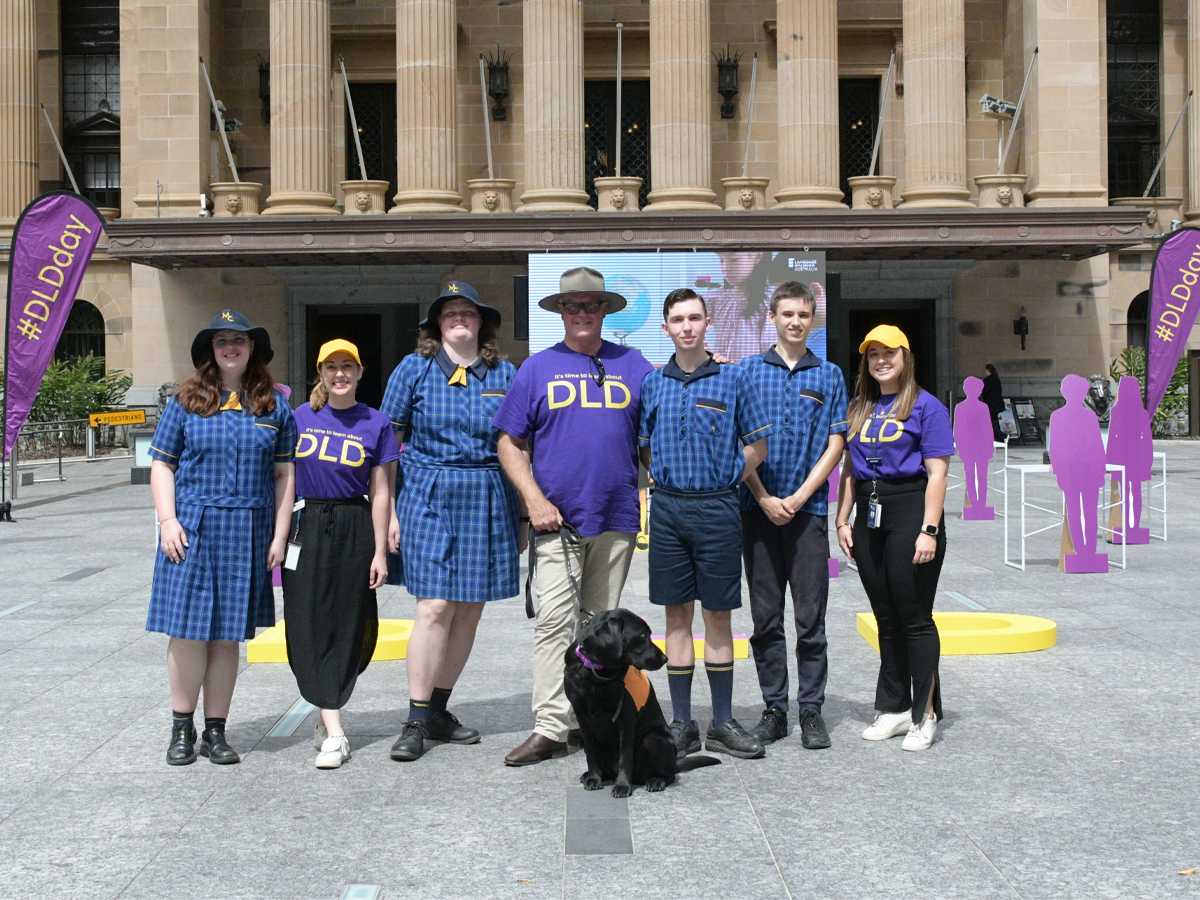Developmental Language Disorder (DLD) is a hidden but common disability that affects many people, making it difficult for them to understand and use language, with a recent Australian prevalence study finding 6.4 per cent of children at 10 years of age with DLD.
And lack of awareness is one of the largest barriers to support, according to Language Disorder Australia CEO Mark Yeowell. The non-profit organisation leads Language Disorder education and allied health services for children in Australia. “In Australia DLD is a silent an invisible disorder, despite being more common than autism or ADHD,” he said.
Speech Pathology Australia is campaigning to raise awareness and support of DLD and the important role that speech pathologists have in supporting the communication needs of people with the disability.
“Certified speech pathologists can provide specialist support for people with DLD and develop strategies to help people understand language,” Speech Pathology Australia national president, Kathryn McKinley said. “With their specialist knowledge of the sound system of English, certified speech pathologists can help people who need support with letter-sound relationships, helping them to read and also to understand what they read.”
Support for oral language development is also particularly relevant to literacy in Australian schools as language development in the early years of a person’s life is critical to their life outcomes, she said.
Raising Awareness of Developmental Language Disorder (RADLD) chairperson Stephen Parsons said people with DLD are six times more likely to suffer from anxiety and three times more likely to have clinical depression. “They are also at significant risk of struggling with reading, spelling and mathematics. Although DLD is a common condition affecting many areas of life, people with DLD are unlikely to receive access to services,” he said.
Photo: Mancel College principal Peter Foster, Therapy dog Kira and Marcel students. The Queensland college is the only school in the southern hemisphere that provides tailored education for children living with DLD. Speech and language therapy, occupational therapy and physiotherapy are integrated throughout the curriculum.

